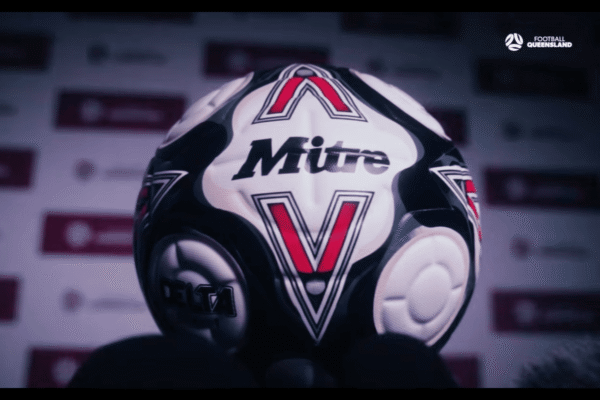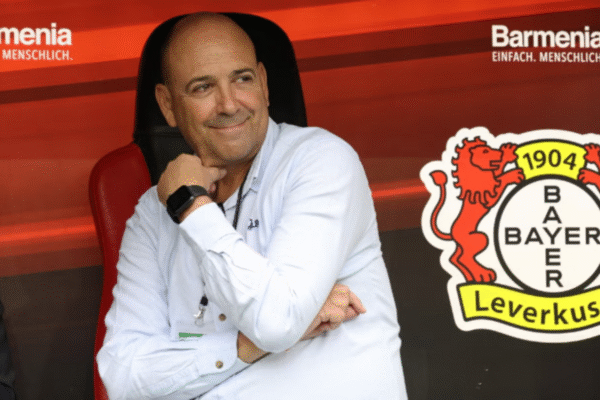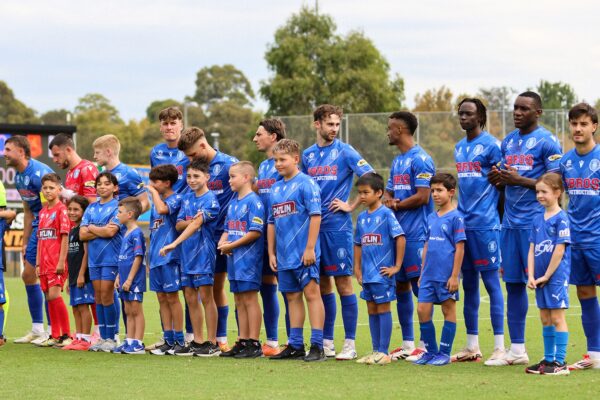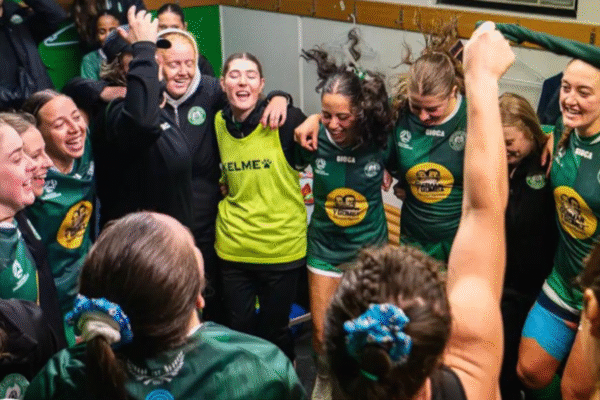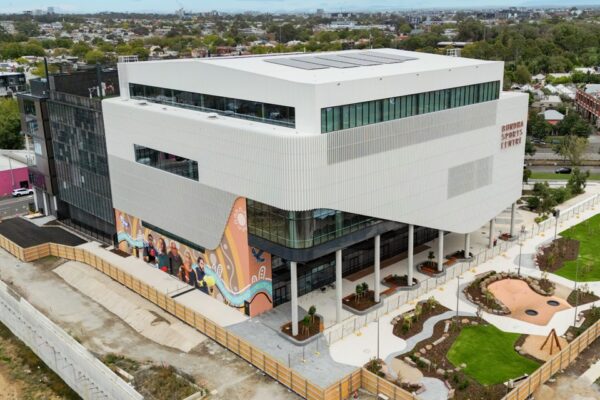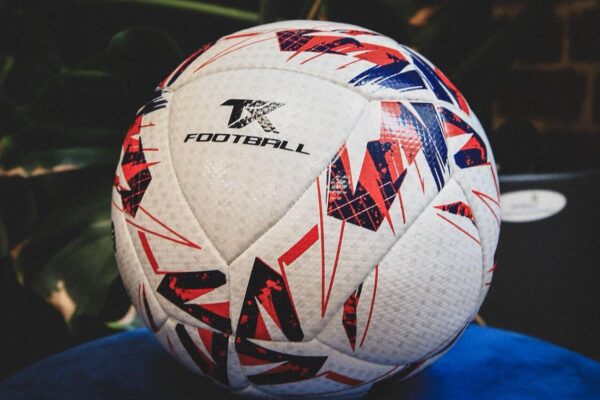
Fiorentina’s new Viola Park training facility in Italy’s Serie A has officially opened, and the complex includes two mini-stadiums.
Viola Park, located east of Florence, will be the new home for the club’s women’s and youth teams, as well as the men’s team’s training facility. The complex has two stadiums (one with 3,000 seats and one with 1,500) and 10 pitches, as well as several other club amenities such as office space, media facilities, and a chapel.
The club celebrated the launch with a stunning drone show, which concluded a ceremony that included a video greeting from FIFA President Gianni Infantino.
“The challenge nowadays for all clubs is to modernise while respecting football’s great traditions, and this new training ground and club headquarters will take Fiorentina firmly into the future,” he said via press release.
“Viola Park is a beautiful, state-of-the-art facility. It represents an investment – not only for professional football, but also for youth football – and I am especially pleased that the women’s teams will also have use of these facilities.
“I have visited many sports centres, but this one that my very dear friend [Fiorentina owner] Rocco [Commisso] has built here, is a world-beater and I can’t wait to come back to Florence to see the finished version.”
The project, which has a budget of at least €75 million ($125 million) and was initially announced almost three years ago to the day, has been funded by Commisso’s family.
Separately, Fiorentina intends to renovate its Stadio Artemio Franchi, which opened in 1931 and has a current capacity of roughly 43,000 people. The Franchi is owned by the municipality, which is heading the proposed rehabilitation project.



